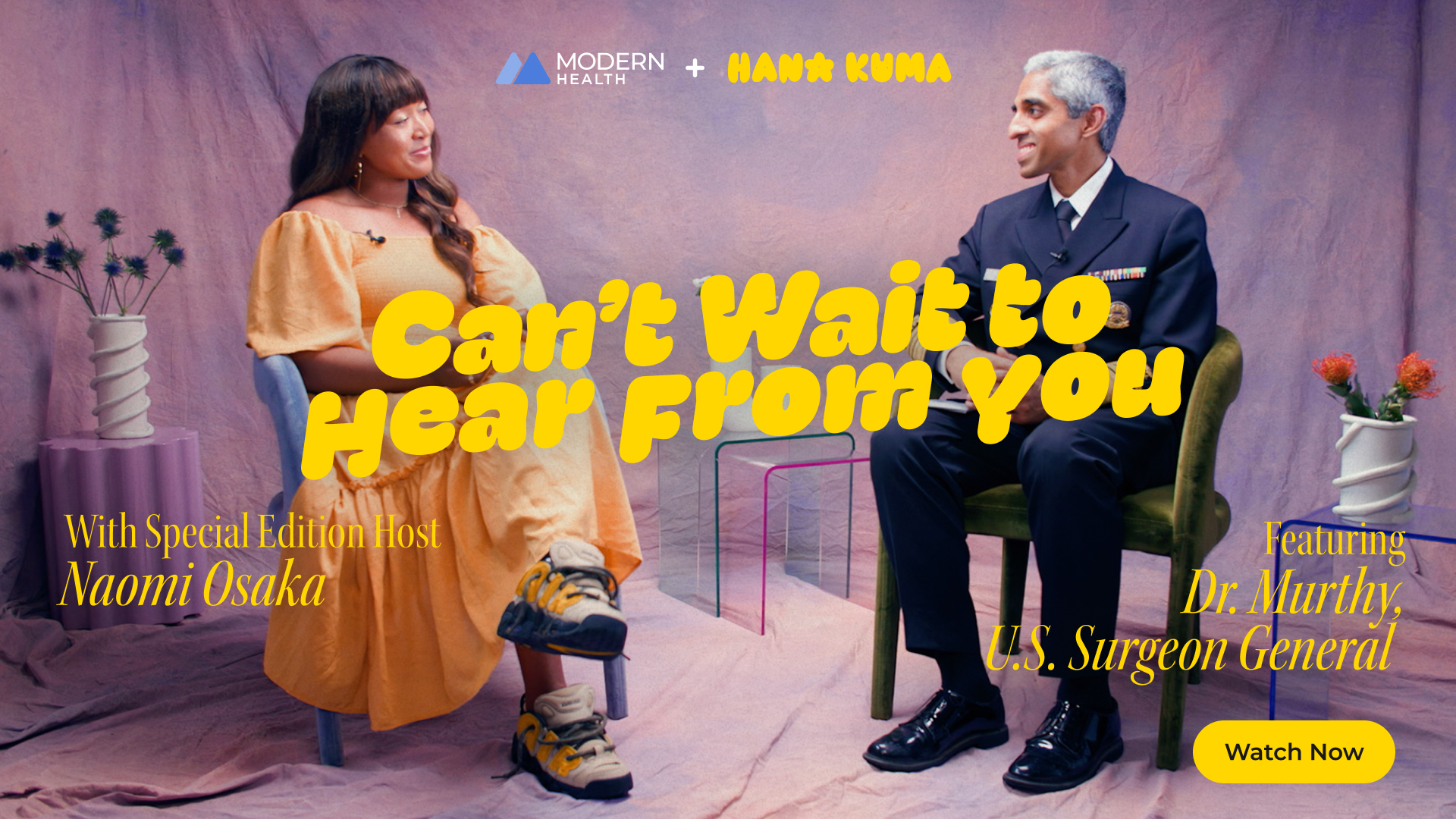
Posttraumatic Growth
Posttraumatic growth: A reason for hope
As we approach the end of this challenging year, I can’t help but reflect on the pain and anguish we’ve collectively suffered; life was already hard, and 2020 seemed to deal some especially harsh blows. But as a therapist, I’d love to offer some reason for hope, plus a timely reminder that we all respond to challenging experiences in our own unique ways.
First, let’s talk about trauma. While what constitutes trauma for one person may not be the same for another, the distressing circumstances of 2020 likely led to trauma for many people. Imagine a few examples, like losing a loved one to COVID-19 while not being able to comfort them as they were dying, or being unable to mourn with meaningful traditions like funerals. Consider being prevented from leaving the house due to pandemic restrictions while living with someone who’s abusive (cases of intimate partner violence are on the rise around the world, as are cases of femicide). Imagine being a Black person in America who’s already a victim of racial trauma and suddenly subject to re-traumatizing events and commentary all around you. Or consider losing your job without savings and suddenly finding yourself homeless or food insecure—a shockingly common circumstance among Americans this year.
Amid all these reasons for heartache, I’d like to share a reason for hope. I’m both a licensed clinical therapist and a certified coach, and in my training, I completed my dissertation on a psychological concept known as “posttraumatic growth.” The term describes a positive transformation following a traumatic experience in which “development, at least in some areas, has surpassed what was present before the struggle with crises occurred.”
Posttraumatic growth is not a guaranteed outcome of trauma; it’s not a goal and it doesn’t happen in everyone (more on this later). But people who experience posttraumatic growth may report having stronger or more meaningful social relationships after trauma. They may develop greater empathy and compassion for others. They may find deeper connections in spirituality or religion, or report having an enhanced sense of personal strength. They may come to see more, better, or new possibilities in life that they didn’t see before, or have a greater appreciation for life overall.
Research on posttraumatic growth is still gaining momentum, and there’s a great deal we don’t know about it. But there is a body of promising peer-reviewed research that suggests what may lead to posttraumatic growth. These include:
- Social support. Posttraumatic growth tends to correlate with increased quantity and quality of support from friends, family, professionals, and community members.
- Trauma processing. After individuals process their trauma (in other words, thinking about or trying to understand it) in a safe, supportive environment, we tend to see more growth.
- Coping style. Those who practice positive reappraisals (rethinking the trauma as benign or having some value), have a sense of self-efficacy (the perceived ability to do well in challenging situations), and even those who use some avoidant coping behaviors (like denial or distraction) tend to have higher rates of posttraumatic growth.
While posttraumatic growth is an understandably appealing concept—especially in a year full of bad news—it’s important we discuss what posttraumatic growth is not. First, it’s not a silver lining, or a good result from a bad event. It’s also not the absence of pain surrounding trauma; the experience was still traumatic and may still be quite painful. In fact, posttraumatic growth very often co-exists with posttraumatic distress and Posttraumatic Stress Disorder (PTSD), and some studies suggest that people who experience moderate PTSD after the event are most likely to later experience posttraumatic growth. While posttraumatic growth is experienced as a meaningful improvement, people rarely feel that going through the trauma was “worth” getting to that growth. Finally, posttraumatic growth is not a goal, or something we can push people toward; this kind of growth may or may not materialize in any one person.
It’s also important to note that posttraumatic growth is not well studied across racial and ethnic groups; some studies show higher rates of posttraumatic growth in non-whites and in populations that have historically been discriminated against, but other studies don’t. We urge the research community to pursue studies in these groups, especially since they may experience more and unique forms of trauma.
While keeping in mind that posttraumatic growth is not a goal—everyone has a vastly different experience with and timeline for coping with trauma—if you want to support someone who has experienced trauma, consider the following:
- Be a source of social support, or encourage them to engage with friends, family, a mental health provider, or community groups
- Think about coping skills that are most supportive of their well-being and recovery; this won’t be the same for everyone and there is no “right” way to cope
- Normalize seeking support with a mental health professional; if you’ve found mental health support helpful, consider sharing your journey
- Be an active listener if they choose to share their trauma experience with you, and offer your optimism that they will be able to overcome the challenges they’re experiencing while not minimizing their pain
- Do not assume that posttraumatic growth will happen, and avoid suggesting that “everything happens for a reason” if they do appear to be experiencing posttraumatic growth
- Do not give your opinion on an appropriate timeline for healing or tell them that they should be grateful for the growth
As we bring this tough year to a close and strive to do our best to support our family members, friends, and broader community through the ongoing challenges and traumatic experiences of 2020, it’s important to remember there are as many valid responses to adversity as there are people who experience it. The human mind is a diverse place, and maintaining an open, optimistic, and supportive posture is one of the best things we can do to promote healing in others and ourselves.
Julia Corcoran, PsyD
Julia Corcoran, PsyD, is a licensed clinical psychologist, board certified coach, and the director of clinical care at Modern Health.

.jpg)

